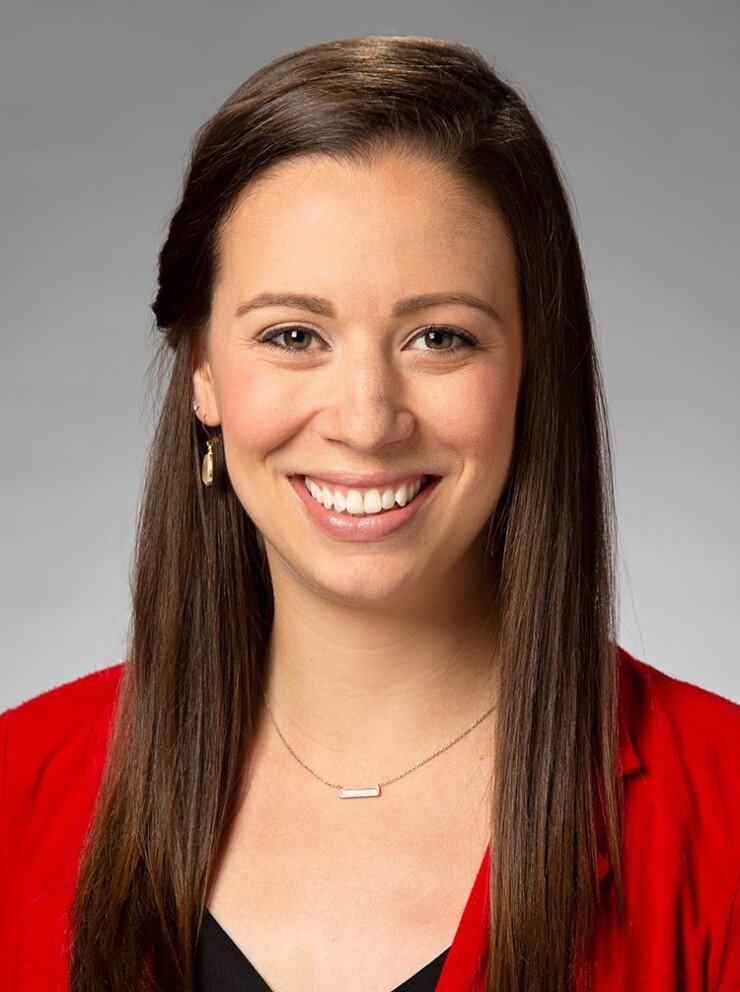A group of younger financial planners who are part of the influential Institute for the Fiduciary Standard launched a remote education course focused on leading the profession into the future.
With an emphasis on the legacy and teachings of one of the pioneers of planning,

Organizers Anne Marie Ashworth of
The course seeks "to provide a space to discuss the fiduciary standard, the history of our profession, and deeply think about where we're going, how to get there, and the threats and opportunities along the way," Stansell said in an email. "There are so many outlets for learning, growth, and development in financial planning, and yet so much institutional knowledge [is] still held in the minds and hearts of those who have been around the longest. We are hoping to provide another method of access to that wisdom that may not be presently available elsewhere."
Wagner died in 2017 after decades seeking to foster the next generation in the profession, advocating for the fiduciary duty's strict obligation to place a client's interest first and writing what many planners see as a seminal text on their professional calling, the 1990 essay
The Institute's new course will be helpful for "people coming into the profession," McClanahan said in an interview.
"It's always rewarding to see where it came from and to learn the history of how financial planning started and what we've done through the years," she said. "It's exciting where the profession is going, and by people understanding where we've been, I think we can only get better faster."
The faculty for the course includes Golden Gate University adjunct professor Elizabeth Jetton, advisor and
"Our goal was to provide timely, unique and important material taught by outstanding faculty (and not offered elsewhere) while being conscious of professional careers to provide a flexible structure," Ashworth said in an email. "Our profession is so collaborative that we wanted to provide a medium for next gen planners to learn about the history of the profession, the opportunities and challenges associated with the next decade of planning and to provide a motivating call to action to help in the advancement of our profession. My hope is, following the course, all members will continue to be reminded of Dick Wagner's call to action, 'So what are you going to do about it?'"

Stansell hopes that attendees learn "how they can be the pioneers of the future of this great profession."
"While I think those newer to the profession may be most eager to soak in the information being shared and have fresh ideas for the future, there is a significant component of the course dedicated to group discussion and sharing, as well as a thought-leader paper at the end," Stansell said. "So truly anyone in our profession could contribute to making this an exquisite experience for all."







